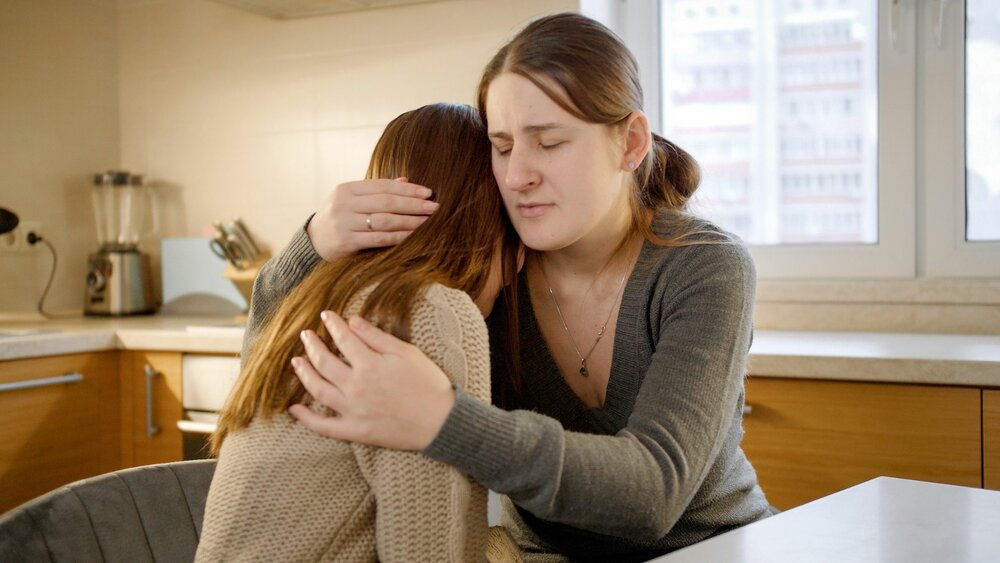Tips for Explaining the Concept of Death to Children
Talking to children about death can be one of the most challenging conversations a parent or guardian can face. It's a sensitive subject that requires careful thought and consideration, but it's also an important part of helping children understand and cope with loss. Here are some tips to guide you through this difficult discussion.
1. Be Honest and Clear
Children need clear and honest explanations. Use simple and straightforward language. Avoid euphemisms like "passed away" or "gone to sleep" which can confuse children. Instead, use the word "died" and explain that it means the person's body has stopped working and they won't be coming back.
2. Tailor the Conversation to the Child's Age and Developmental Level
Different age groups understand death differently:
- Young Children (2-5 years): They may see death as temporary and reversible. Use concrete terms and be patient with repeated questions.
- School-Aged Children (6-9 years): They start to grasp the finality of death and might have specific questions about what happens after someone dies.
- Preteens and Teenagers: They understand death more like adults but can have intense emotional responses and might seek deeper meaning and explanations.
3. Encourage Questions and Express Emotions
Let your child know that it's okay to ask questions and express their feelings. They might feel sad, angry, or even guilty. Validate their emotions by saying things like, "It's okay to feel sad" or "It's normal to feel upset."
4. Use Books and Stories
There are many children's books that tackle the subject of death in a gentle and understandable way. Reading together can provide a comfortable way to introduce and discuss the topic. Books like "Lifetimes" by Bryan Mellonie and Robert Ingpen or "The Goodbye Book" by Todd Parr can be helpful tools.
5. Share Your Beliefs and Cultural Practices
Your own beliefs about death and what happens afterward can provide comfort and a framework for understanding. Whether you hold religious beliefs or more secular views, sharing these can help children form their own understanding.
6. Prepare for Different Reactions
Children might react to death in unexpected ways. Some might seem indifferent, while others might become clingy or exhibit changes in behavior. Understand that these are normal responses to grief. Be patient and offer extra support and reassurance.
7. Involve Them in Rituals and Memorials
Participating in rituals like funerals or memorial services can help children understand and process death. Explain what will happen and what they might see or hear. Encourage them to say goodbye in their own way, whether through drawing, writing a letter, or sharing a memory.
8. Provide Ongoing Support
Grief doesn't have a timeline. Check in with your child regularly and be available to talk or just be with them. They might need additional support from school counselors or therapists, especially if they seem to be struggling.
9. Model Healthy Grieving
Children learn by observing adults. Show them that it's okay to grieve and that it takes time to heal. Share your feelings in an age-appropriate way and demonstrate healthy coping mechanisms.
10. Create a Safe Space for Memories
Encourage your child to remember and talk about the person who died. Create a memory box or scrapbook where they can keep photos, drawings, and other mementos. This can be a comforting way for them to keep the person's memory alive.
Conclusion
Explaining death to children is never easy, but with honesty, sensitivity, and ongoing support, you can help them navigate this complex and emotional topic. Remember, every child is different, and there is no one-size-fits-all approach. Be patient, listen to their needs, and provide a loving environment where they feel safe to express their thoughts and feelings.
For additional information - please call Willowbrook Cemetery. Our team can help you select a peaceful final resting place for your cherished one at our cemetery. You can contact us via the form or number on this page.





Comments